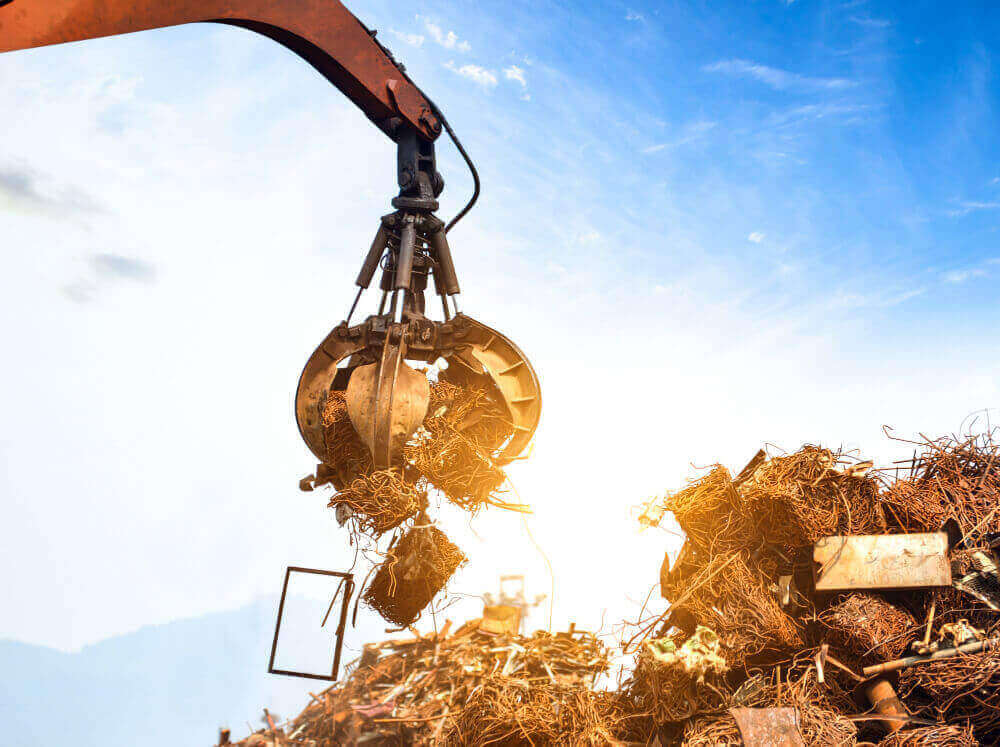Failure to properly manage your company's industrial waste might have negative consequences for the surrounding environment. The Environment Protection (Industrial Waste Resource) Regulations 2009 outline the EPA's legal requirements for the management of industrial waste. Preventing, reusing, and recycling industrial waste are encouraged in these rules. A proper and secure method of trash removal is required for industrial waste. The best way out is skip bin hire to manage the construction waste.
The Environment Protection Act of 1970 lays out eleven principles for protecting the environment, one of which is the waste hierarchy. The EPA's waste management plan prioritises the following elimination strategies:
- avoidance
- reuse and recycling
- recovery of energy
- treatment and disposal
Stopping waste from being produced is the greatest strategy to control waste. The least desired strategy is treatment and disposal. The terms of this decree apply to all waste.
Now, construction and demolition (C&D) activities generate a range of industrial waste materials including:
- excavated material such as rock and soil
- waste asphalt, bricks, concrete, plasterboard, timber and vegetation
- asbestos and contaminated soil
If you don't handle construction and demolition waste properly, it can hurt people's health and the environment. There are laws and rules about how to handle solid waste from civil, construction, and demolition sites in the right way.
Industrial Waste Under Major Categories
There are two major categories of Industrial waste:
1. General Industrial Waste
The general industrial waste includes the following list:
- Waste Tyres
- Fires At Recycling And Waste Facilities
- Bushfire Waste
- Glass Processing
- Operating Composting Facilities
- How To Recover Energy From Waste
- Plastic Resin Pellets (Nurdles)
- Combustible Recyclable And Waste Materials (Crwm)
- Prescribed Industrial Waste
2. Prescribed Industrial Waste
We call hazardous waste 'prescribed industrial waste' (PIW) in Victoria's environmental protection laws. This is waste that could be dangerous to people and the environment.
Examples of PIW include:
- Asbestos
- Drilling Mud
- Clinical And Medical Waste
- Unprocessed Used Cooking Fats and Oils.
Use our PIW classifications to find out how to manage your business's hazardous waste.
Special Note on Asbestos
Houses constructed in Western Australia before 1990 are likely to contain asbestos-containing materials, and those constructed in WA before the mid-1980s are very likely to do so.
Therefore, caution should be used while making extensions or performing modifications on existing structures. For the removal of materials containing asbestos, a licence is necessary for Western Australia. Only those who have a licence or who work for a licence holder may perform this kind of work.
Please visit the Department of Environment Regulation's website or the Worksafe website for more details on the management and disposal of asbestos-containing products.
How to Dispose of C&D waste
Learn more about the methods we use to assess costs.
The best way to locate a landfill, transfer station, or recycling centre in your area that accepts industrial waste is to get in touch with your city council or regional waste management organisation.
Tips for Managing C&D waste
- If a quote for waste management is cheap, find out why. Know what kinds of waste will be produced during excavation, demolition, and construction. The company might be trying to save money by transporting the trash to a location that isn't allowed to be utilised as a landfill.
- The date and time of trash disposal
- A description of the waste;
- The name, ABN, vehicle registration number, and driver's name and contact information of the company transporting the waste (date and time of delivery, name and address of the facility, its ABN, and contact person).
- Regularly update the waste management plan to record how waste is managed and audit where waste is taken.
- Provide adequate supervision to ensure waste management plans are implemented and complied with, and regularly audit everyone who manages waste on your behalf.
- Provide training about the waste management plan and protecting the environment.
It is important to manage construction waste in a proper manner, unable to do so can lead to environmental damage as well as punitive actions against you. The best way to cover all that is to get a bin hire service that manages everything at once.










Social Profile